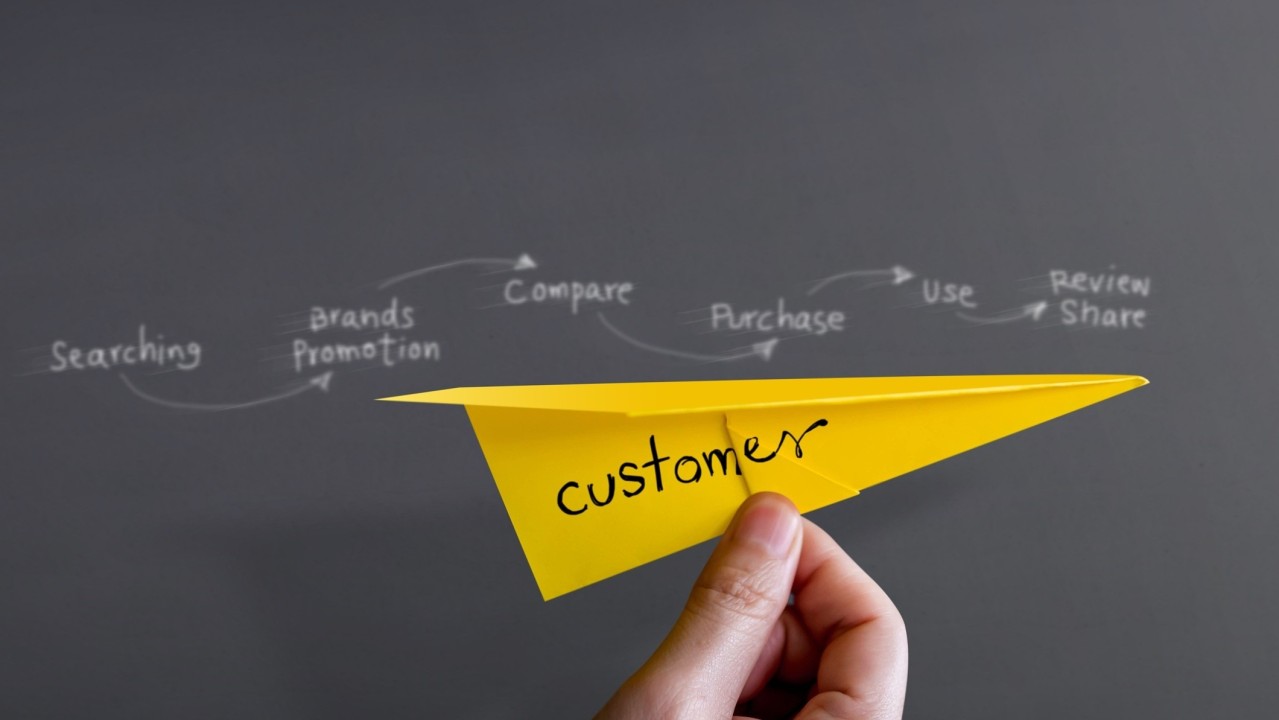News
UX Design Principles: How to Create Websites That Engage and Convert
User Experience (UX) design has become a cornerstone of successful website development in today’s digital landscape. It encompasses the overall experience a user has when interacting with a website, focusing on usability and ease of navigation. A well-designed UX can significantly enhance user engagement, satisfaction, and conversion rates.
At 123 Internet, we understand the importance of UX design in creating websites that not only attract but also retain visitors. Our expertise lies in crafting digital experiences that seamlessly blend aesthetic appeal with functionality. In this article, we delve into the principles of UX design and how they can help create websites that engage and convert.
Understanding Your Audience
Before designing a website, it is essential to have a deep understanding of your target audience. This involves researching their preferences, behaviours, and needs. By understanding who your users are, you can tailor your website’s design to meet their expectations and deliver a personalised user experience.
Audience research can be conducted through various methods such as surveys, interviews, and analytics. The insights gained from this research should inform every aspect of your website’s design, from layout and navigation to content and visual elements.
Creating User Personas
User personas are fictional characters created based on user research to represent different user types that might use your website. They help in understanding the motivations, behaviours, and expectations of your audience.
- Identify key demographics such as age, gender, occupation, and location.
- Understand user goals and what they aim to achieve on your website.
- Consider user challenges and how your website can address them.
Principles of Effective UX Design
The principles of effective UX design are centred around the user and ensuring that their experience is intuitive and satisfying. By applying these principles, you can create a website that is not only aesthetically pleasing but also functional and user-friendly.
1. Simplicity
Simplicity is key to effective UX design. A cluttered interface can overwhelm users and detract from their experience. By keeping the design simple and focused, you can help users find what they need quickly and easily.
Use minimalistic design elements and ensure that every component serves a purpose. Avoid unnecessary features that could distract or confuse users.
2. Consistency
Consistency in design helps build familiarity and trust with users. By maintaining a uniform style across your website, you create a cohesive experience that guides users through their journey.
Consistency should be applied to visual elements such as colours, fonts, and buttons, as well as to functional elements like navigation and interactive features.
3. Accessibility
An accessible website ensures that all users, regardless of their abilities, can access and interact with your content. Accessibility is not only a legal requirement but also a moral obligation to ensure inclusivity.
Implement features such as alt text for images, keyboard navigation, and screen reader compatibility to make your website accessible to everyone.
4. Feedback and Response
Providing feedback and response to user actions enhances the interactive experience. It reassures users that their actions have been recognised and helps them understand the outcome.
Use visual cues such as animations, loading indicators, and confirmation messages to keep users informed and engaged.
Designing for Conversion
Conversion-focused design aims to guide users towards taking specific actions, such as making a purchase or signing up for a newsletter. By strategically designing elements that prompt users to convert, you can optimise your website’s performance.
Call-to-Action (CTA) Elements
CTAs are crucial in guiding users towards conversion. They should be strategically placed and visually distinct to capture attention. Use action-oriented language that clearly communicates the benefit of taking the desired action.
- Place CTAs above the fold to ensure visibility without scrolling.
- Use contrasting colours to make CTAs stand out.
- Test different CTA placements and designs to find what works best.
Optimising Landing Pages
Landing pages are often the first point of contact for users. They should be optimised to provide relevant information and encourage conversion. Use compelling headlines and concise content to convey your value proposition effectively.
Ensure that your landing page is aligned with the user’s expectations and the source of traffic, whether it be an ad or a search result. This alignment will help reduce bounce rates and increase conversion rates.
The Role of AI in UX Design
Artificial Intelligence (AI) has revolutionised UX design by providing tools and techniques to analyse user behaviour and personalise experiences. At 123 Internet, we leverage AI-led strategies to enhance our UX design process.
AI can help identify user patterns and preferences, enabling us to create tailored experiences that resonate with individual users. This personalisation can significantly improve user engagement and satisfaction.
AI-Powered Tools for UX Design
There are several AI-powered tools available that can aid in the UX design process. These tools can automate repetitive tasks, provide insights from data analysis, and even generate design suggestions.
- AI-driven analytics platforms to understand user behaviour.
- Automated design tools to streamline the design process.
- Personalisation engines to deliver customised content and experiences.
UX design is a critical component of successful website development. By focusing on the principles of simplicity, consistency, accessibility, and feedback, you can create websites that engage users and drive conversions. Incorporating AI into your UX design process can further enhance your ability to deliver personalised and effective digital experiences.
At 123 Internet, we pride ourselves on our award-winning and innovative approach to UX design. Our team of experts is dedicated to helping businesses like yours achieve their digital marketing goals through cutting-edge design and technology solutions.
















The Ultimate Social Media Guide
With the ever-growing power of social media, we use the latest techniques, video, and animation software to craft eye-catching social media assets that make your brand pop. Our designers, wielding Adobe Creative tools, create distinctive animations and graphics to illuminate your brand story and highlight your products or services. Want a unique design? No problem – we also offer bespoke designs to match your brand aesthetic.